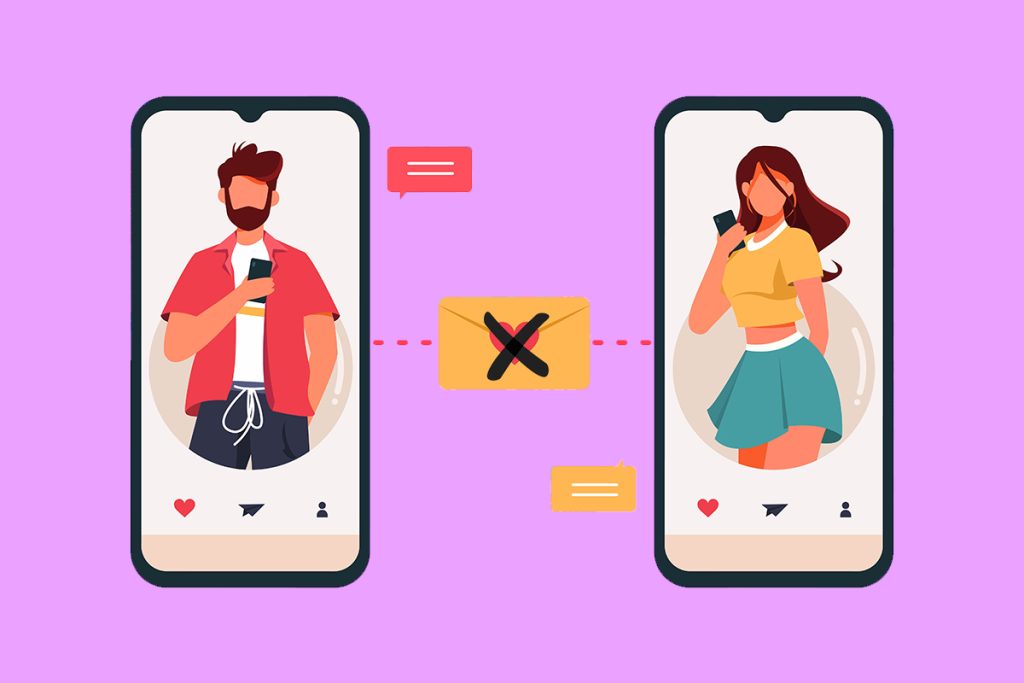The reasons behind negative behavior on dating apps
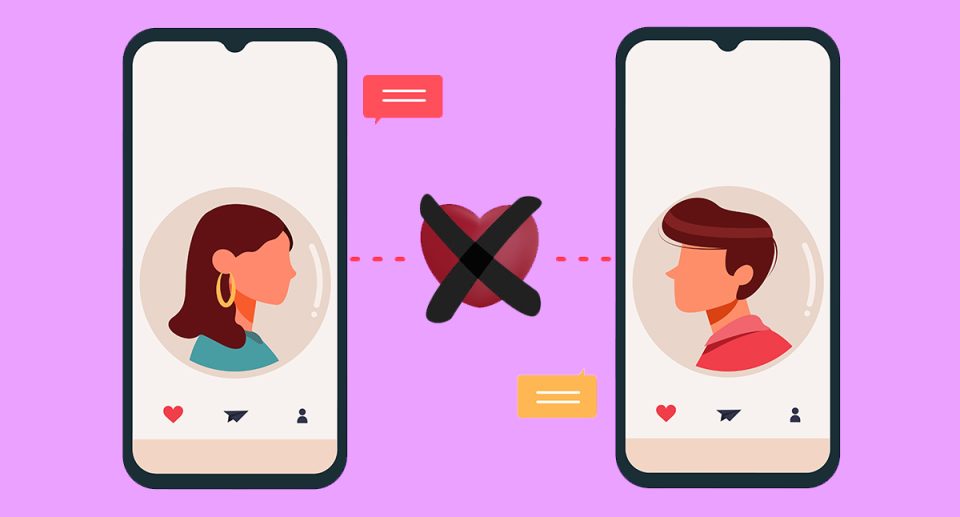
Navigating today’s dating scene poses significant challenges. While face-to-face rejections may seem rare, online dating apps witness widespread instances of negative behavior, including trolling, ghosting, and unsolicited explicit content.
The anonymity of screens emboldens users to engage in actions they wouldn’t consider in real life, while the addictive nature of these apps encourages a quantity-over-quality approach, fostering callous behavior and rapid turnover.
Addressing these issues is crucial to fostering healthier social dynamics both online and offline as reliance on dating apps continues to rise.
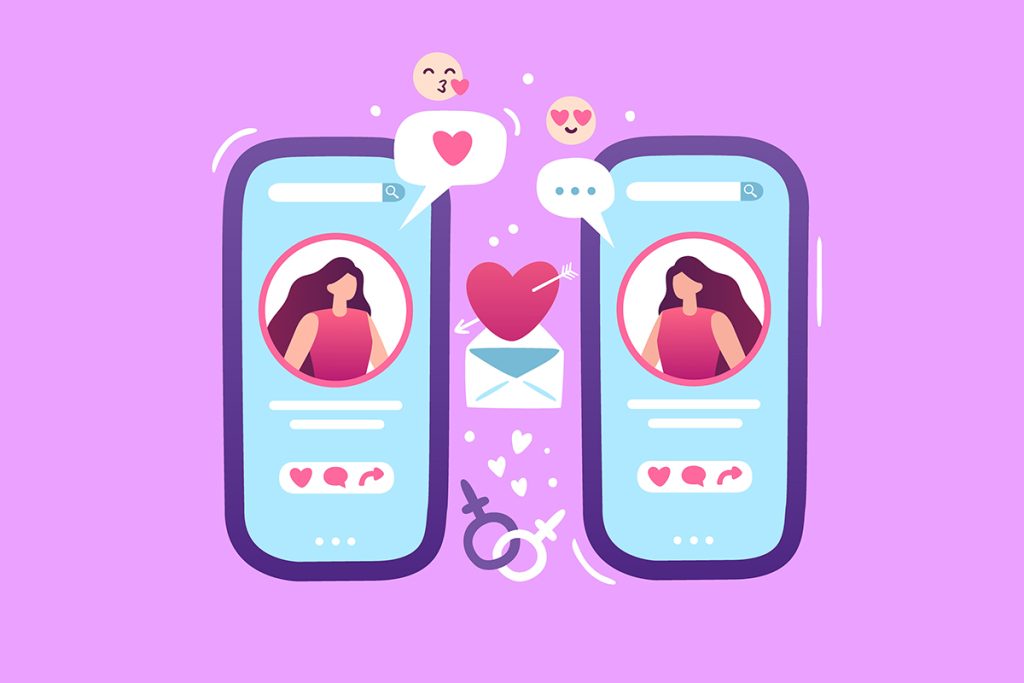
Misconduct among daters on dating apps
Misconduct on dating apps covers a broad range, from slightly forward pick-up lines to outright threats. However, many common transgressions fall in between.
Cheating
Cheating is one such behavior studied by Dana Weiser, an associate professor at Texas Tech University. Weiser conducted a 2018 study involving 550 undergraduate students to explore infidelity on Tinder.
Shockingly, around 64% reported witnessing cheating on the app, with 17% admitting to messaging someone on Tinder while in a relationship, and 7% engaging in sexual encounters with Tinder matches while dating someone else.
Weiser acknowledges the complex motivations behind cheating, with Tinder serving as one facilitator among many. Apps like Tinder provide a convenient platform for those seeking extramarital affairs, as they offer a pool of potential partners already open to romantic or sexual connections outside their immediate social circles.
Additionally, Tinder’s recent feature allowing users to block unwanted contacts further aids aspiring or active cheaters, minimizing the risk of exposure.

Ghosting
Ghosting is another common issue in online dating, increasingly viewed as an acceptable way to end short-term relationships. Leah LeFebvre, an associate professor in communication studies at the University of Alabama, notes that ghosting can manifest in various ways, from abruptly halting communication to gradually tapering off contact.
A 2016 survey by Plenty of Fish found that 80% of respondents aged 18 to 33 reported experiencing ghosting at least once.
LeFebvre highlights that online dating platforms provide a means to end relationships without face-to-face interaction, with individuals simply disappearing from the digital realm. Despite its subtlety, ghosting can have a significant impact, leaving recipients questioning their actions.
While LeFebvre’s 2019 research didn’t exclusively focus on dating apps, many participants cited the prevalence of ghosting alongside the rise of mobile dating apps. This suggests a link between ghosting and the online dating process, with ample opportunities for ghosting even before meeting in person.
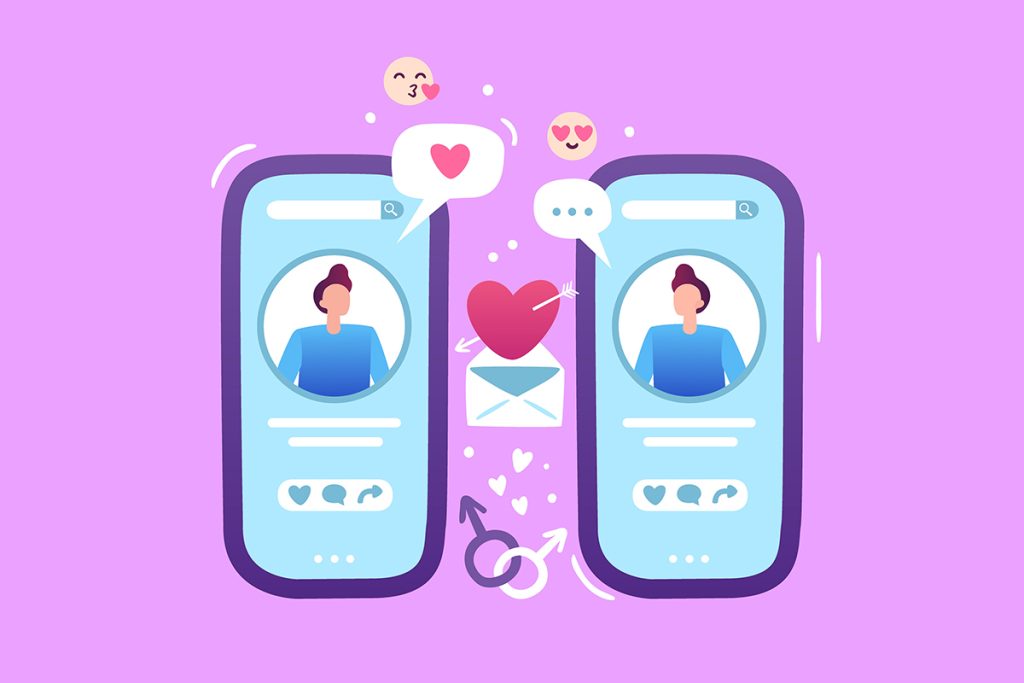
Many unpleasant emotions on dating apps
Online dating often triggers negative emotions, with women bearing a disproportionate burden, particularly from unsolicited explicit messages, a key issue identified by Leah LeFebvre. Research shows women, especially those aged 18 to 34, are primary recipients of such messages, reporting increased explicit and offensive content.
Cynthia Brown’s study at the University of Melbourne underscores young men’s misperceptions about the impact of their actions on women. Some mistakenly view sharing explicit images without consent as flattering, overlooking the distress it causes.
Young women subjected to digital dating abuse experience various negative emotions, while young men are primarily concerned about their reputations, highlighting a link between male insecurity and abusive behaviors.
Joanne Orlando notes a gender divide in online abuse, with women facing inappropriate sexual comments and men criticized for their success. This trend of venting frustrations online fosters a troubling acceptance of unkind behavior in digital spaces.
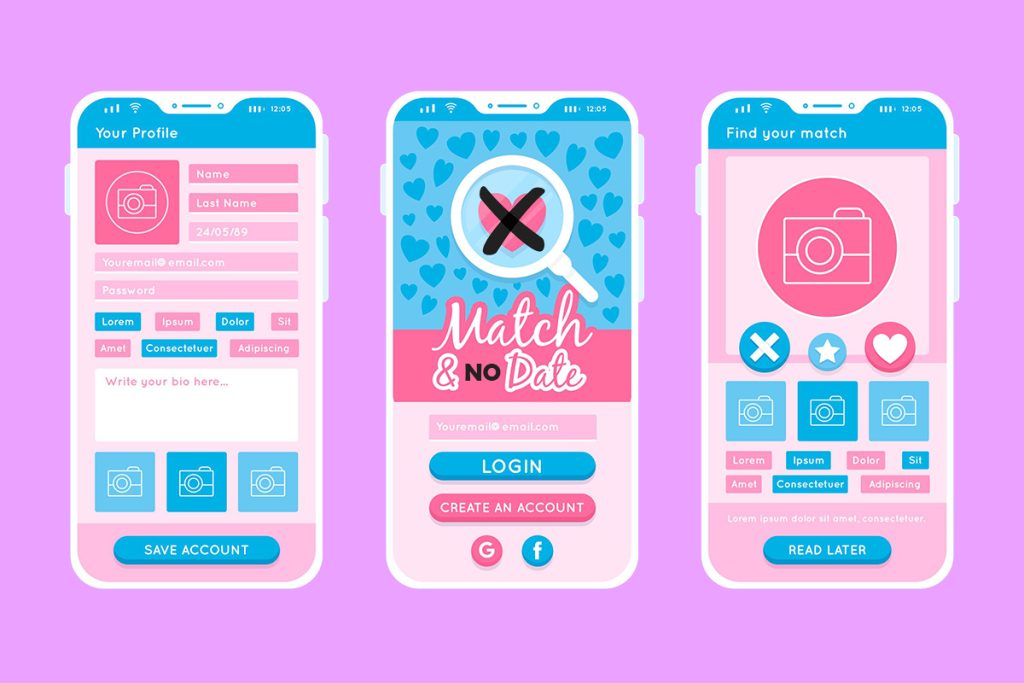
Our standards gradually decline on dating apps
As online dating behaviors become more prevalent, a concerning trend emerges: ‘Some of the negative behavior starts to feel more normal,’ according to LeFebvre. This normalization leads to these transgressions seeping into offline interactions.
The swipe-heavy nature of online dating can desensitize individuals to others’ humanity, fostering more callous behavior. Even during face-to-face encounters, individuals may unconsciously default to dismissive behaviors learned from dating app culture, like ghosting.
However, not everyone is adversely affected by online dating. LeFebvre has noted instances where experiencing poor conduct on dating apps motivates individuals to strive for better behavior. Unfortunately, this is a small subset of those studied.
Many daters have developed thicker skins to cope with potential hurt, resigning themselves to dating’s unpleasantness due to repeated encounters with bad behavior.
The daunting task of sorting through profiles on dating apps, uncertain of who might send unsolicited explicit photos or show up with flowers on the second date, can lead users to accept negative behavior as the norm, lowering standards over time, as noted by Orlando.
